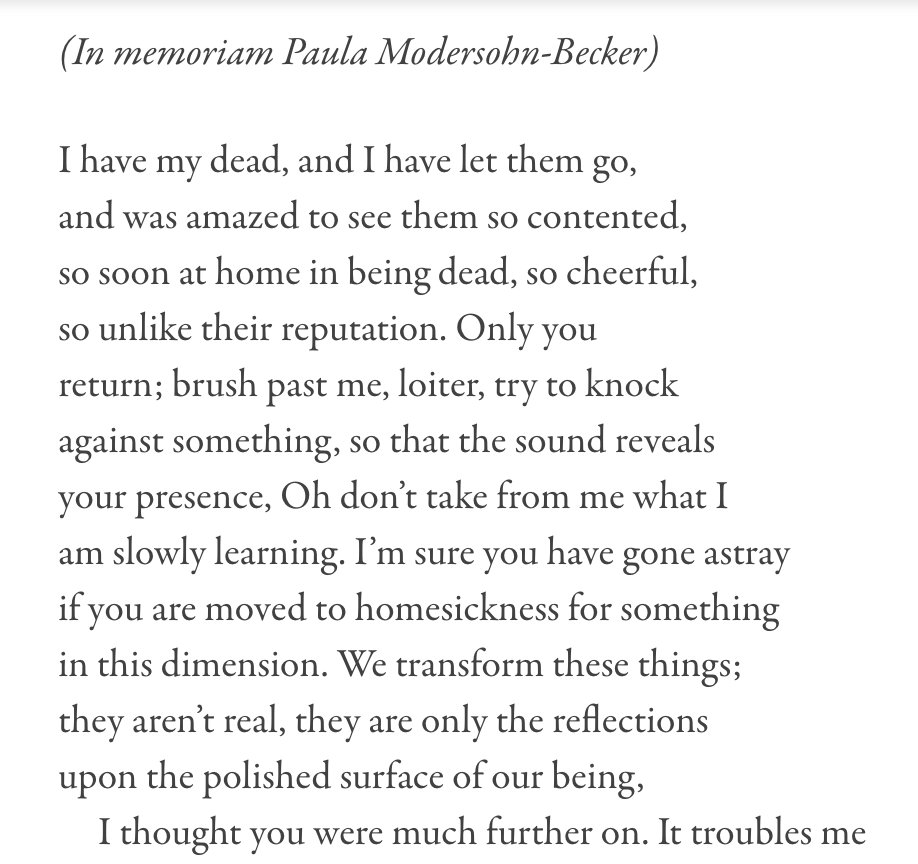
#七夕 : 7th night of the 7th lunar month is, in legend, the one night a year that the separated lovers may meet one another by means of a bridge of magpies in the skies
Tonight is their night: a thread of poems
[📷 Yamamoto Masao]
Tonight is their night: a thread of poems
[📷 Yamamoto Masao]

should a love meant to last beyond time
begrudge mere nights and days
apart?
兩情若是久長時
又豈在
朝朝暮暮
Closing lines from the ci 鵲橋仙 ‘Immortals by the Magpie Bridge,’ by Northern Song Dynasty poet Qin Guan 秦觀 (1049-1100)
#everynightapoem #七夕
begrudge mere nights and days
apart?
兩情若是久長時
又豈在
朝朝暮暮
Closing lines from the ci 鵲橋仙 ‘Immortals by the Magpie Bridge,’ by Northern Song Dynasty poet Qin Guan 秦觀 (1049-1100)
#everynightapoem #七夕

十五始展眉,願同塵與灰
常存抱柱信,豈上望夫台
-Li Bo 李白 (701-62) 長干行
I desired my dust to be mingled with yours
Forever and forever and forever
(and Ezra Pound’s fanciful, compelling translation, “The River Merchant’s Wife: A Letter, after Rihaku”)
#everynightapoem #七夕
常存抱柱信,豈上望夫台
-Li Bo 李白 (701-62) 長干行
I desired my dust to be mingled with yours
Forever and forever and forever
(and Ezra Pound’s fanciful, compelling translation, “The River Merchant’s Wife: A Letter, after Rihaku”)
#everynightapoem #七夕

Murmur of all that is claspable
against all that is not
You are there. I am here. I remember
-Jane Hirshfield
Quantum (and lovelorn) entanglement, defined as particles separated by vast distances but behaving as a single entity:
also a #七夕poem, of sorts.
#everynightapoem
against all that is not
You are there. I am here. I remember
-Jane Hirshfield
Quantum (and lovelorn) entanglement, defined as particles separated by vast distances but behaving as a single entity:
also a #七夕poem, of sorts.
#everynightapoem

If you love me and think only of me
lift your robe and ford the river Chen
catch
‘the floating world’
8:52 from Chicago
lift your skirt
through customs,
kiss me in the parking lot
-Ondaatje
(from The Cinammon Peeler)
#everynightapoem #七夕
lift your robe and ford the river Chen
catch
‘the floating world’
8:52 from Chicago
lift your skirt
through customs,
kiss me in the parking lot
-Ondaatje
(from The Cinammon Peeler)
#everynightapoem #七夕

You are gone too long.
The red leaves take the green leaves' place, and the landscape yields. We go to sleep with the peach in our hands and wake with the stone, but the stone is the pledge of summers to come.
-Emily Dickinson
#everynightapoem #ofsorts #七夕
[📷Gerhard Richter]
The red leaves take the green leaves' place, and the landscape yields. We go to sleep with the peach in our hands and wake with the stone, but the stone is the pledge of summers to come.
-Emily Dickinson
#everynightapoem #ofsorts #七夕
[📷Gerhard Richter]

I’ve found a prisoner’s letters to a lover—
One begins: ”These words may never reach you.”
—
What else can I say?
It rains as I write this.
-Ending my thread on this night for lovers with Agha Shahid Ali.
(From ‘The Country Without a Post Office’)
#everynightapoem #七夕
One begins: ”These words may never reach you.”
—
What else can I say?
It rains as I write this.
-Ending my thread on this night for lovers with Agha Shahid Ali.
(From ‘The Country Without a Post Office’)
#everynightapoem #七夕

coda.
在天願作比翼鳥 在地願為連理枝
To be birds flying abreast in the skies /
To be tree limbs entwined in the earth
-from ‘Song of Everlasting Sorrow,’ by Tang poet Bo Juyi 白居易 (772-846)
#everynightapoem #七夕
[📸 Beth Moon]
在天願作比翼鳥 在地願為連理枝
To be birds flying abreast in the skies /
To be tree limbs entwined in the earth
-from ‘Song of Everlasting Sorrow,’ by Tang poet Bo Juyi 白居易 (772-846)
#everynightapoem #七夕
[📸 Beth Moon]

And perhaps, this Merwin poem to end.
Especially as the cowherd’s absent celestial lover is Weaving Maiden, who might be a composer of both 文 (wen) ‘words’ and 紋 (wen) ‘patterns’?
#everynightapoem #七夕 #牛郎織女
Especially as the cowherd’s absent celestial lover is Weaving Maiden, who might be a composer of both 文 (wen) ‘words’ and 紋 (wen) ‘patterns’?
#everynightapoem #七夕 #牛郎織女
https://twitter.com/chowleen/status/1091215306536767488
• • •
Missing some Tweet in this thread? You can try to
force a refresh

















